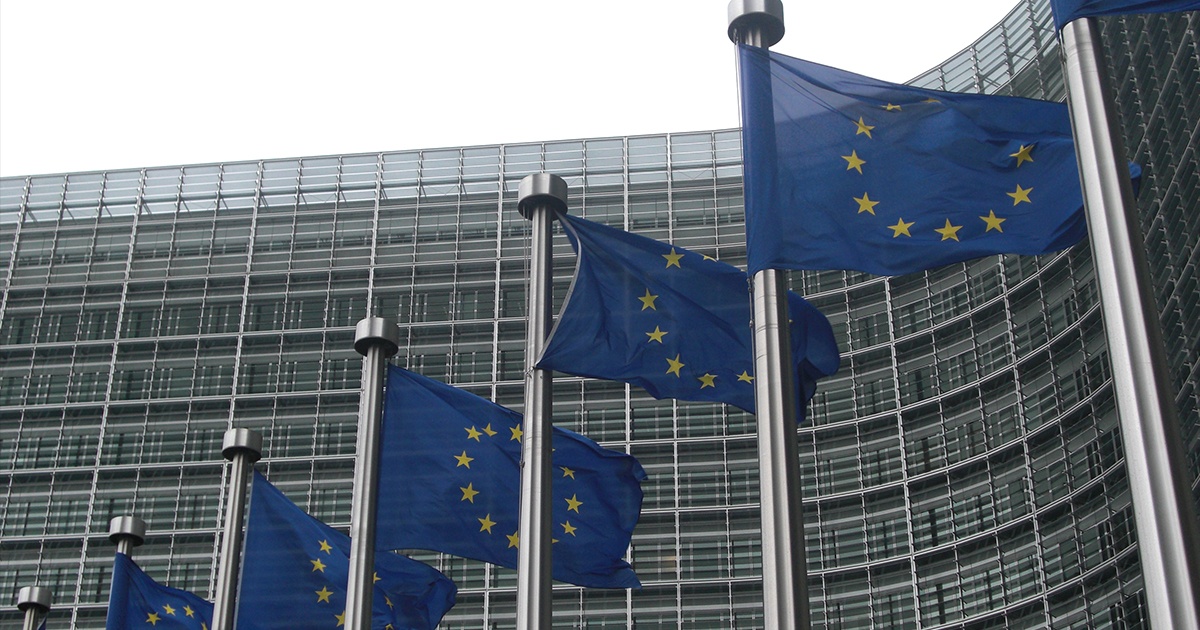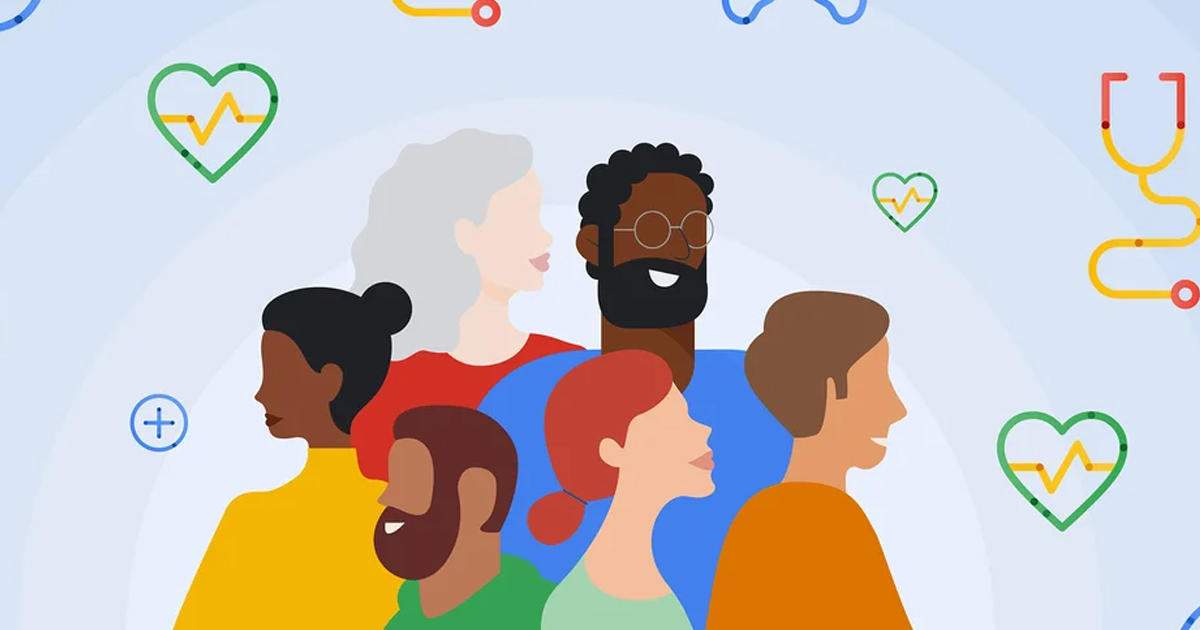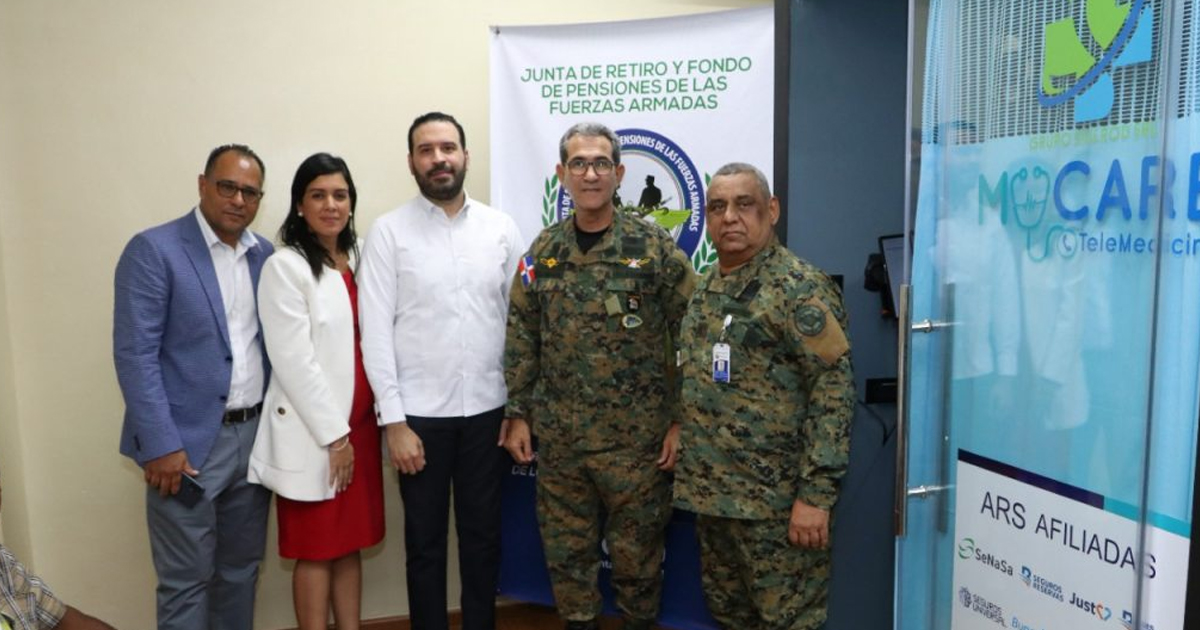The European Commission (EC), the body responsible for allocating funds within the European Union (EU), has chosen 13 projects that will be developed through a grant of 55.2 million euros, and will be based on digital tools and Artificial Intelligence.
The beginning of the pandemic marked a new opportunity for the EC to satisfy new needs, such as digital technologies and Artificial Intelligence tools, to contain the wave of infections and all that COVID-19 has represented. As well as to decrease the adverse economic effects.
In May, the EC, relaunched the Horizon 2020 call, looking for innovative initiatives and projects in response to the COVID-19 in particular those based on AI and digital tools.
In October, the EC held a special session to launch the 13 projects based on technologies for health. These projects represent a new approach through Digital Health and AI, for the protection of workers, and the early detection of COVID-19 and prevention of further infections. The initiative included 133 organizations from 25 countries. The projects will work over the next two years, and the EC contemplates that they will begin to be developed in the next six to 12 months.
Among the projects, two are specialized in providing remote medical care through telemedicine, ICU4Covidis an intensive care system and ENVISION is a real-time monitoring application through calls, which seeks to be a support in decision making through the care of patients in ICU. This last project has already been successfully executed in Germany, and the EC is looking to integrate an AI-based data package to make predictions in patients in these conditions.

Four projects are focused on the development of diagnostic devices for COVID-19, to reduce costs and waiting time. COVIRNA, for example, is a diagnostic test that seeks to predict through cardiovascular variables and their biomarkers through AI. IRIS-COV, on the other hand, is a portable device for quantitative colorimetric detection of SARS-CoV-2 virus. CorDial-S, is also a portable test that detects the presence of the virus in the body through nasal and saliva tests. Finally, VASCOVID, is a monitoring platform, as the ones mentioned above, this is also related to telemedicine techniques for ICU patients since it monitors when patients need artificial ventilation.
The following three projects also combine AI tools with telehealth and telemedicine techniques. Through body temperature, blood oxygen level, heart rate, and the patient's respiratory cycle PyXy.AI, an AI-based system, monitors the evolution of chronic and cardiopulmonary patients, improving treatment and management of the disease. In addition, icovid, offers IA-based chest CT analysis for rapid diagnosis for patients suspected of COVID-19. ESSENCE, promotes a new model of home care, based on monitoring tools for telemedicine and teleassistance.
Two initiatives stand out for their characteristics related to gas and air. PORSAV, has CE certification to be implemented in hospitals around the world, through specialized images detects gas leaks from COVID-19 patients with viral load, for which they developed a device that filters the leaks. CleanAiris a similar project, which develops air decontamination systems in the same way as the previous project to protect health professionals and patients from the risk of being infected.
The last two projects are INNO4COV and COVID-X, the first one is a prevention and surveillance center against COVID-19 and the second is a link between providers of Digital Health technologies and tools and the health system.
In addition to these Digital Health projects in response to COVID-19 by the EC and the Horizons 2020 program, they also provided funding to 10 other projects, focused on the reuse and manufacturing of medical equipment and supplies.






